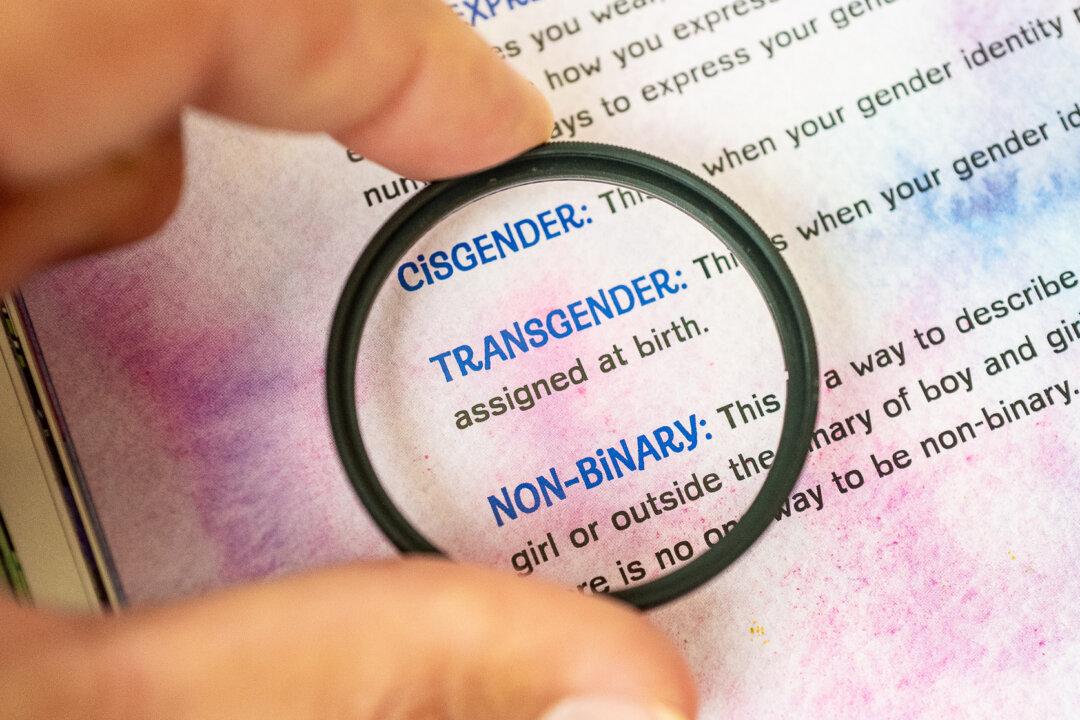New Analysis
Australian kids in public schools can consider a gender transition without needing to worry about their parents finding out if school principals determine the child is a “mature minor,” as is the case in Victoria, or when there are “reasonable grounds” such as court orders to stay mum about it, as is the case in New South Wales.




